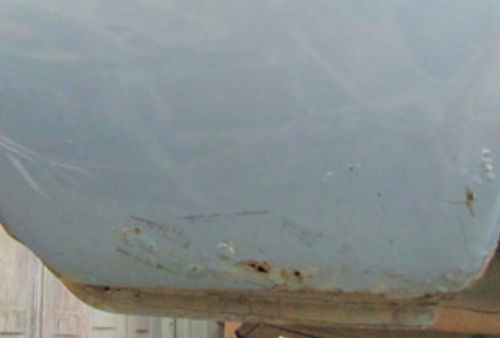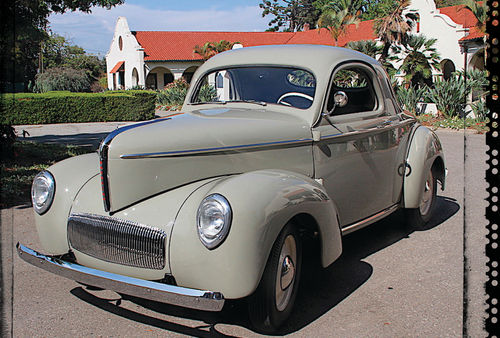Let’s talk about additives
Question:
There’s been some exciting stuff about modern oil in Auto Restorer. I trust your experience so it would be very useful to hear your thoughts on the following types of additives: Fuel stabilizer for the special occasion cars that only need a tank of gas every few years; lead substitute for pre-1974 engines; Marvel Mystery Oil (in oil or gas); engines that even back then you put additives in (I’m told) like the Pontiac OHC-6 that was known for wiping cams.
Answer:
In general, I am not an ardent fan of gasoline or oil additives. In some cases they are fraudulent products that do absolutely nothing and in other cases their effectiveness is substantially exaggerated. And even in those situations where they do work as described they are most often used to compensate for the fail-
ure to actually repair a problem or as a substitute for proper maintenance.
Having said this, there are occasions when an additive is the best choice. I have never used a fuel stabilizer additive. My strong preference is to run my cars regularly enough to consume the fuel before it goes bad and on those rare occasions when I couldn’t, I completely drained the fuel system prior to prolonged storage. One more thing worth mentioning on the subject of fuel stability is that it has been my experience that leaded gasoline has a far longer shelf life than unleaded.
I used to use leaded racing fuel in several of my cars and it would last for several years without going bad or hurting any part of the fuel system. I ran straight leaded fuel in some cars and mixed it with unleaded pump gas in others and even diluted it lasted far longer than straight unleaded. You can buy leaded racing fuel at some speed shops, most race tracks, and at some specialty fuel suppliers. As far as lead additives go, I have never used those either. The biggest problem associated with using unleaded fuel in older cars is the lack of upper valve train lubrication that lead imparts. Most specifically, the exhaust valve seats found in older vehicles will deteriorate more rapidly when the engine is run on unleaded gas. The best solution to this is to have a machinist install hardened seat inserts in your heads so the lack of lead won’t have any effect. This is, however, a significant expense if you’re not already rebuilding the heads.
So, if you’re not already rebuilding the heads and don’t want to go to the trouble and expense, is the next best solution to use a lead additive? In my experience the answer is no. I’ve driven various older cars that were not modified for unleaded many thousands of miles without a lead additive and have seen no ill effect. I used to drive a 1969 Firebird for everyday transportation and put over 40,000 trouble-free miles on it using unleaded. The original owner put nearly as many miles on it with unleaded fuel before I bought it.
I am not saying that you won’t experience problems that the addition of a lead substitute wouldn’t prevent. A lot of variables affect the rate and extent of deterioration of components like the exhaust valve seats, and you may not be as fortunate as I have been. The bottom line for me is that if I drive the car infrequently I’m convinced the absence of lead will have no significant ill effects.
If I was going to drive the car a huge amount I’d make the investment in hardened exhaust valve seats before I’d use a lead additive.
I have used Marvel Mystery Oil on occasion and it has worked well for me. Most recently I used it in a 1964 Corvette that hadn’t run in nearly 30 years and it helped free up some stuck components in the valve train. I have not, however, used it as an additive for preventative maintenance because I don’t believe I need to.















